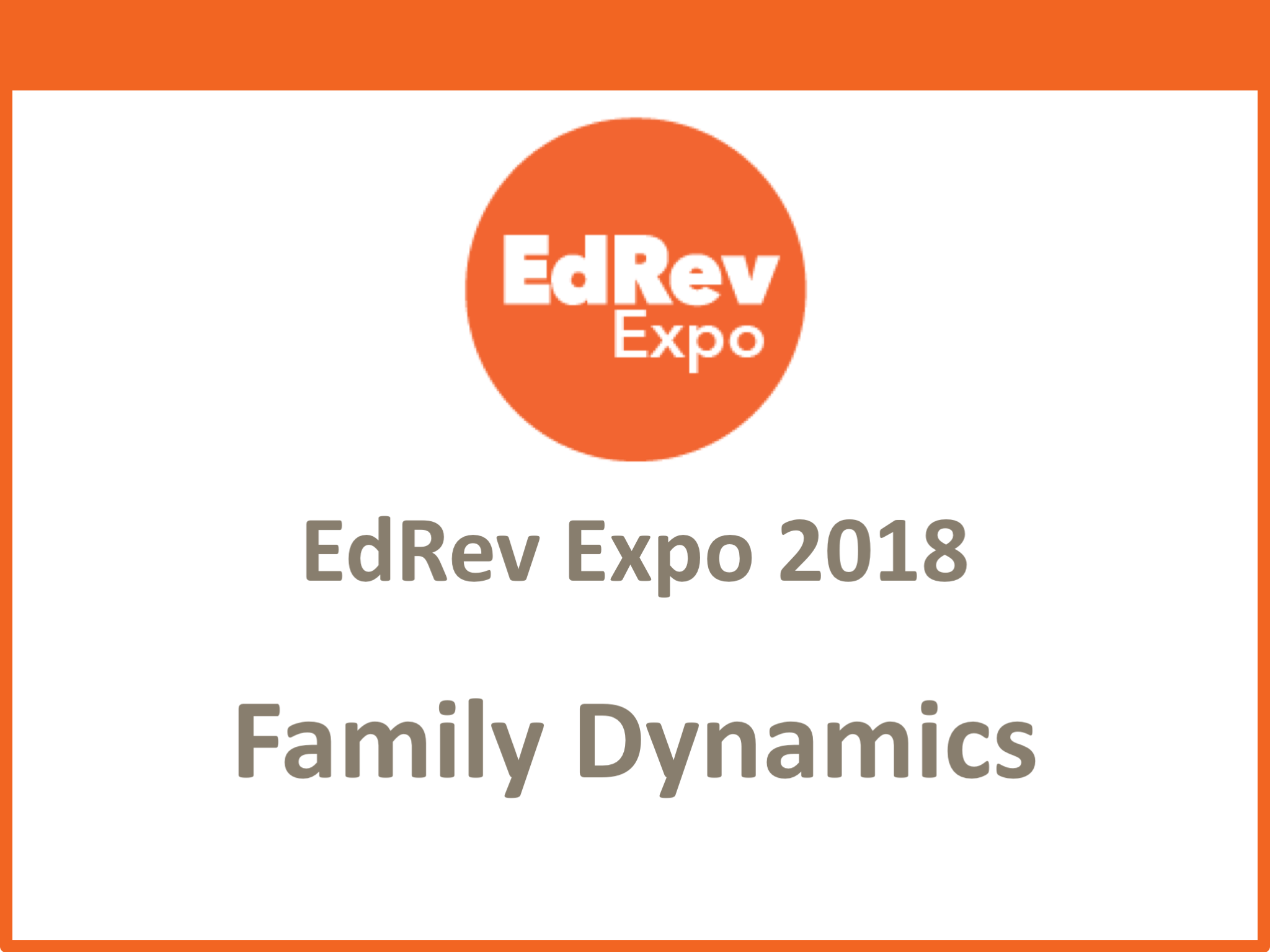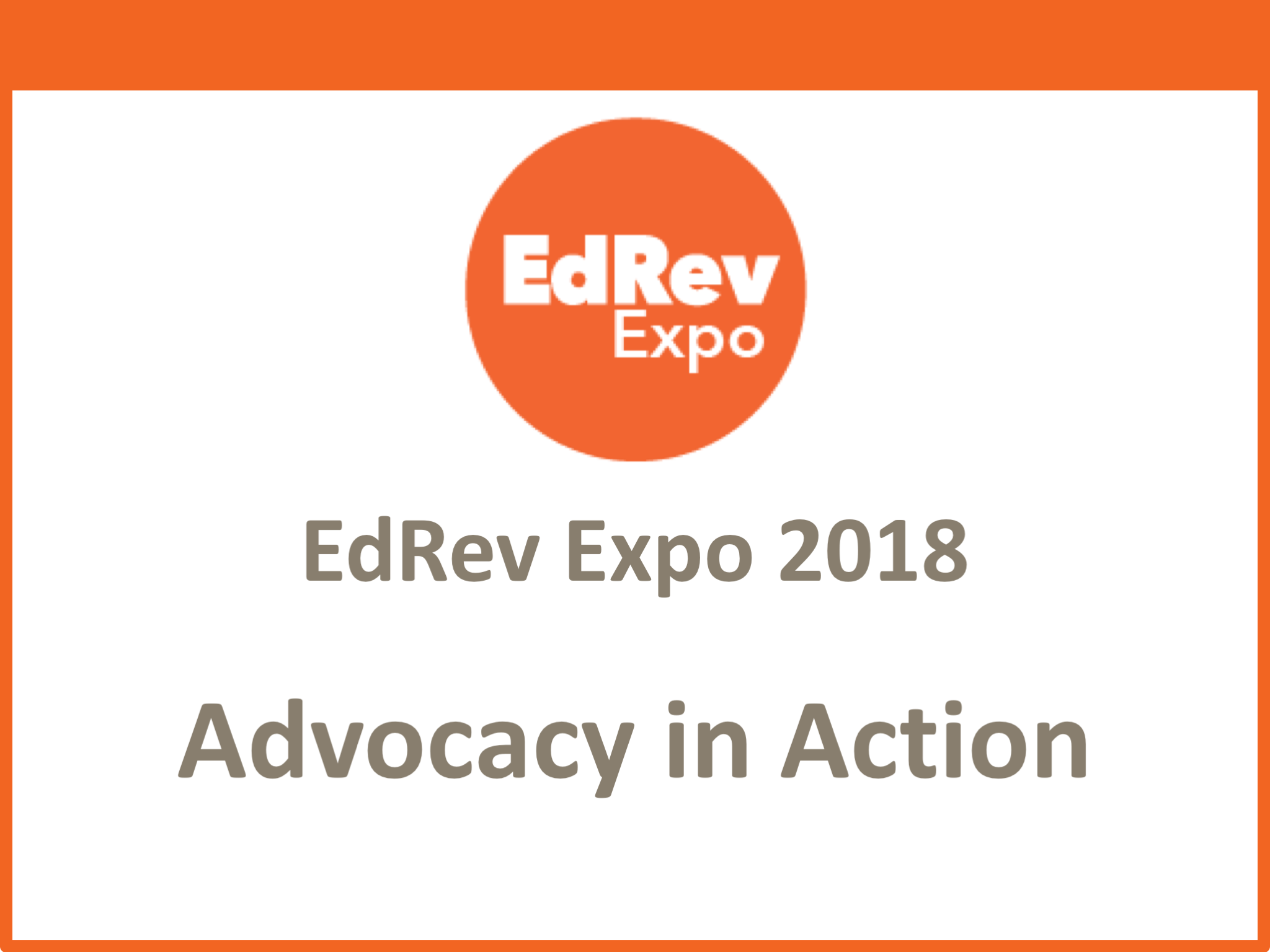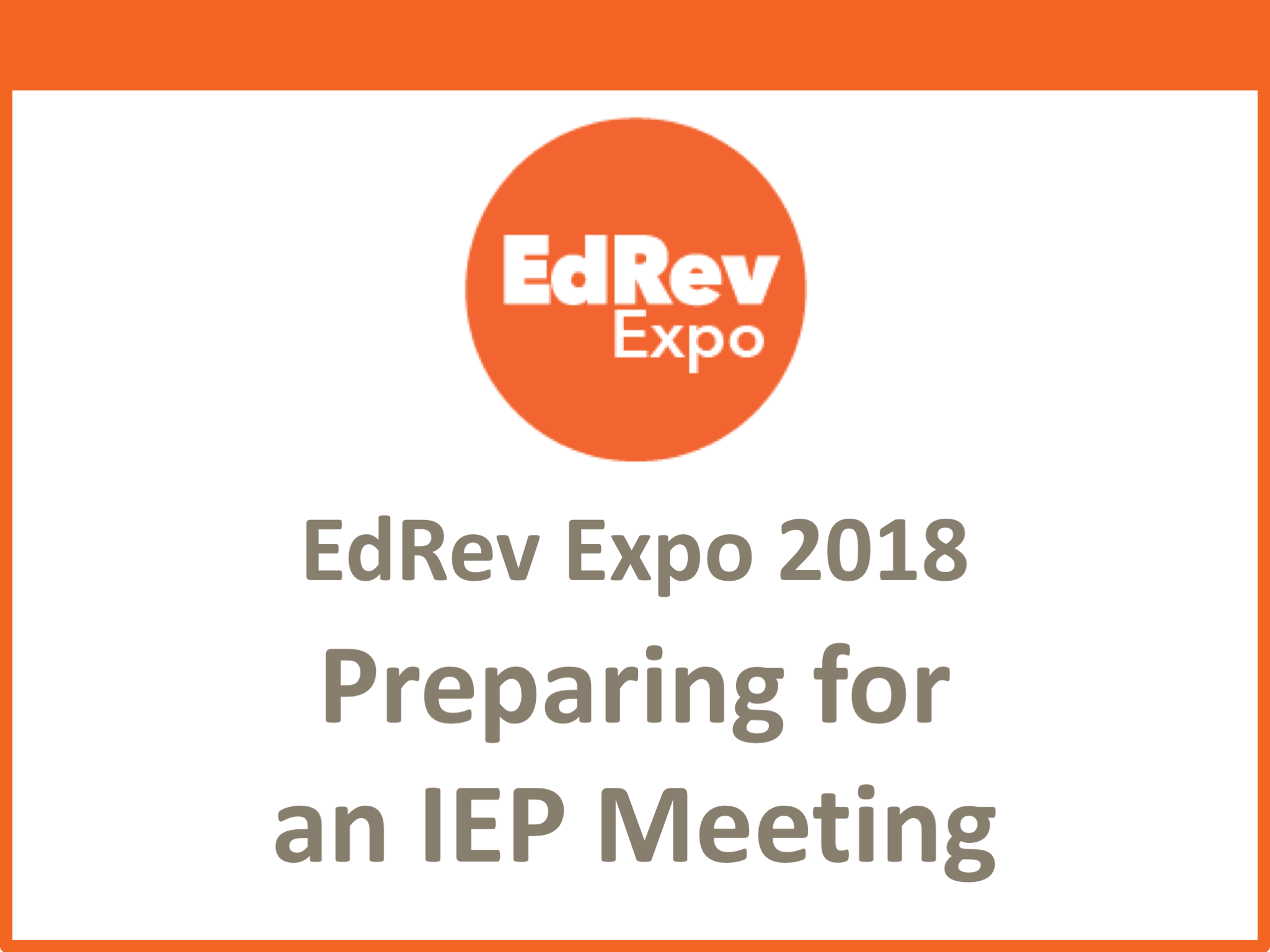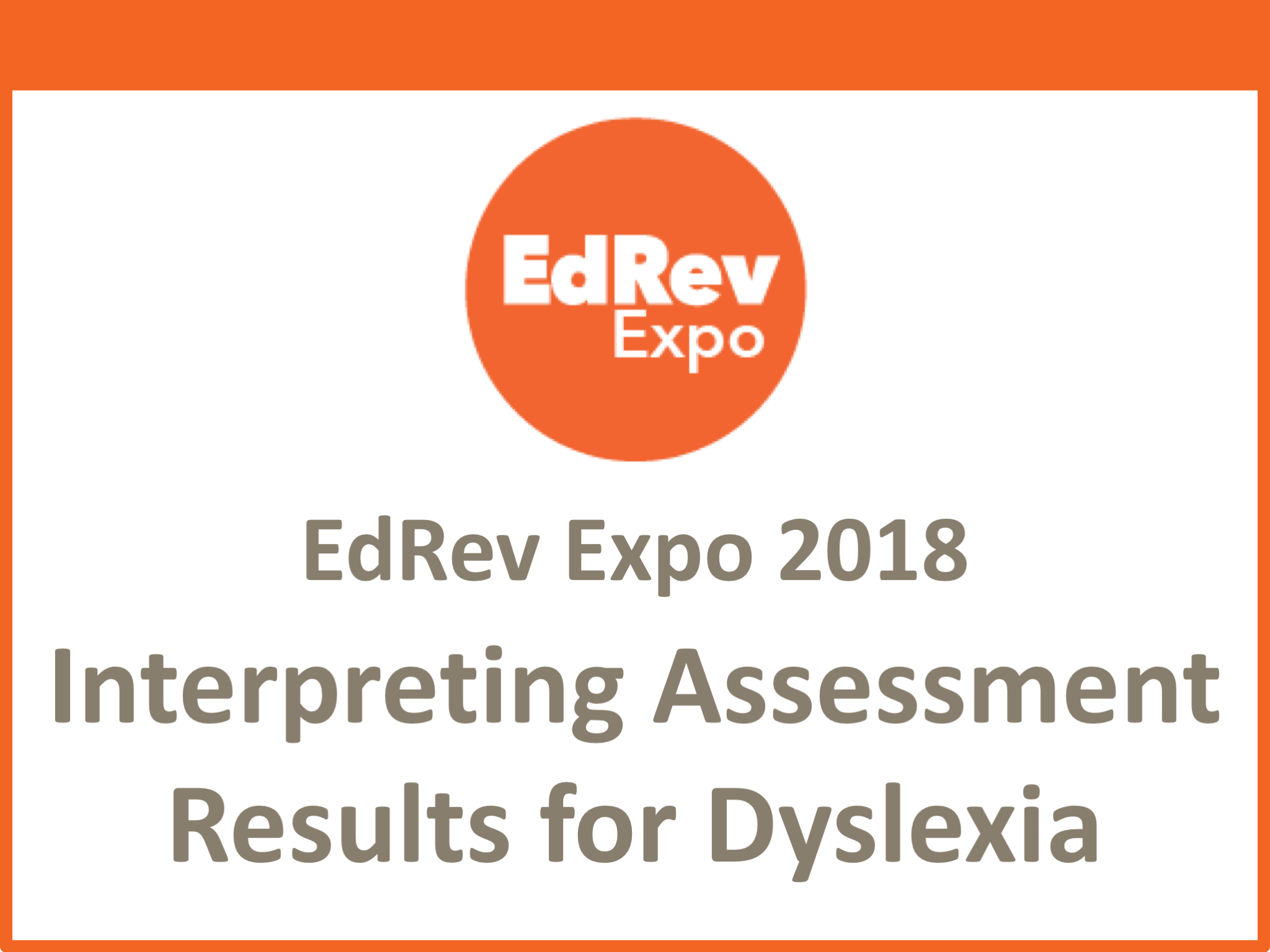Dyslexia and Reading Problems
 Dyslexia is a complex language problem. It involves not being able to break down a word into the sounds that make it up, as well as not being able to think or write about the sounds in a word. Research from the National Institutes of Health has shown that dyslexia affects 5–10 percent of the U.S. population, with estimates as high as 17 percent. Read more ›
Dyslexia is a complex language problem. It involves not being able to break down a word into the sounds that make it up, as well as not being able to think or write about the sounds in a word. Research from the National Institutes of Health has shown that dyslexia affects 5–10 percent of the U.S. population, with estimates as high as 17 percent. Read more ›


 Dyslexia affects every instructional task a student will face in school. We are a language-based society with deeply rooted traditions that rely on reading and writing. One in five students has a language-based learning disability, the most common of those being dyslexia. Fortunately, there is a window of opportunity to tackle and remedy dyslexia at an early age.
Dyslexia affects every instructional task a student will face in school. We are a language-based society with deeply rooted traditions that rely on reading and writing. One in five students has a language-based learning disability, the most common of those being dyslexia. Fortunately, there is a window of opportunity to tackle and remedy dyslexia at an early age. 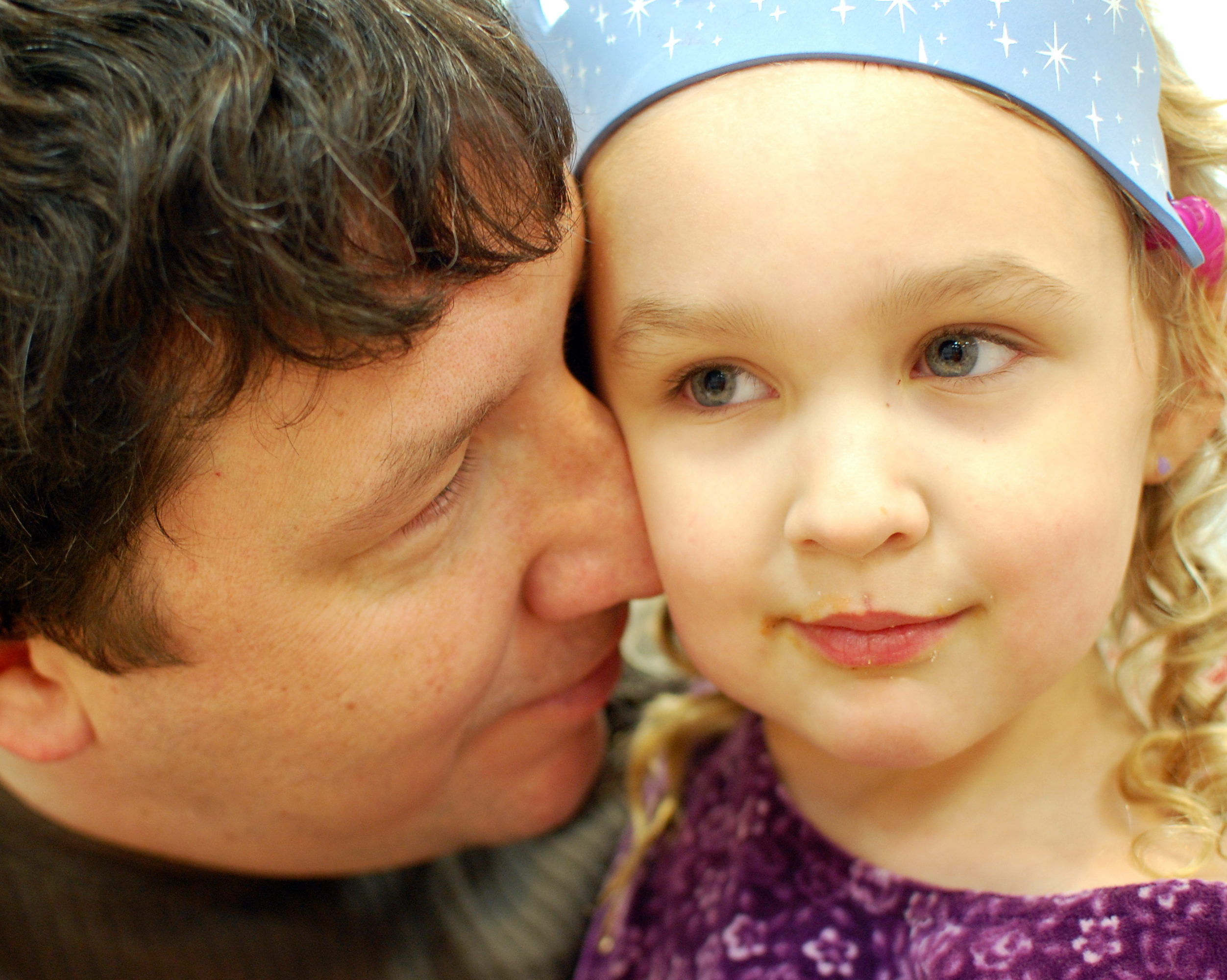


 Children with a fixed mindset believe that intelligence is fixed at birth and doesn’t change or changes very little with practice. These students see school as a place where their abilities are evaluated, they focus on looking smart over learning, and they interpret mistakes are a sign that they lack talent. Children with a growth mindset believe that intelligence can be developed. These students see school as a place to develop their abilities and think of challenges as opportunities to grow.
Children with a fixed mindset believe that intelligence is fixed at birth and doesn’t change or changes very little with practice. These students see school as a place where their abilities are evaluated, they focus on looking smart over learning, and they interpret mistakes are a sign that they lack talent. Children with a growth mindset believe that intelligence can be developed. These students see school as a place to develop their abilities and think of challenges as opportunities to grow.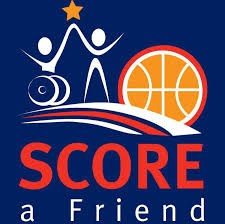
 Sarah Greichen came up with the idea for
Sarah Greichen came up with the idea for 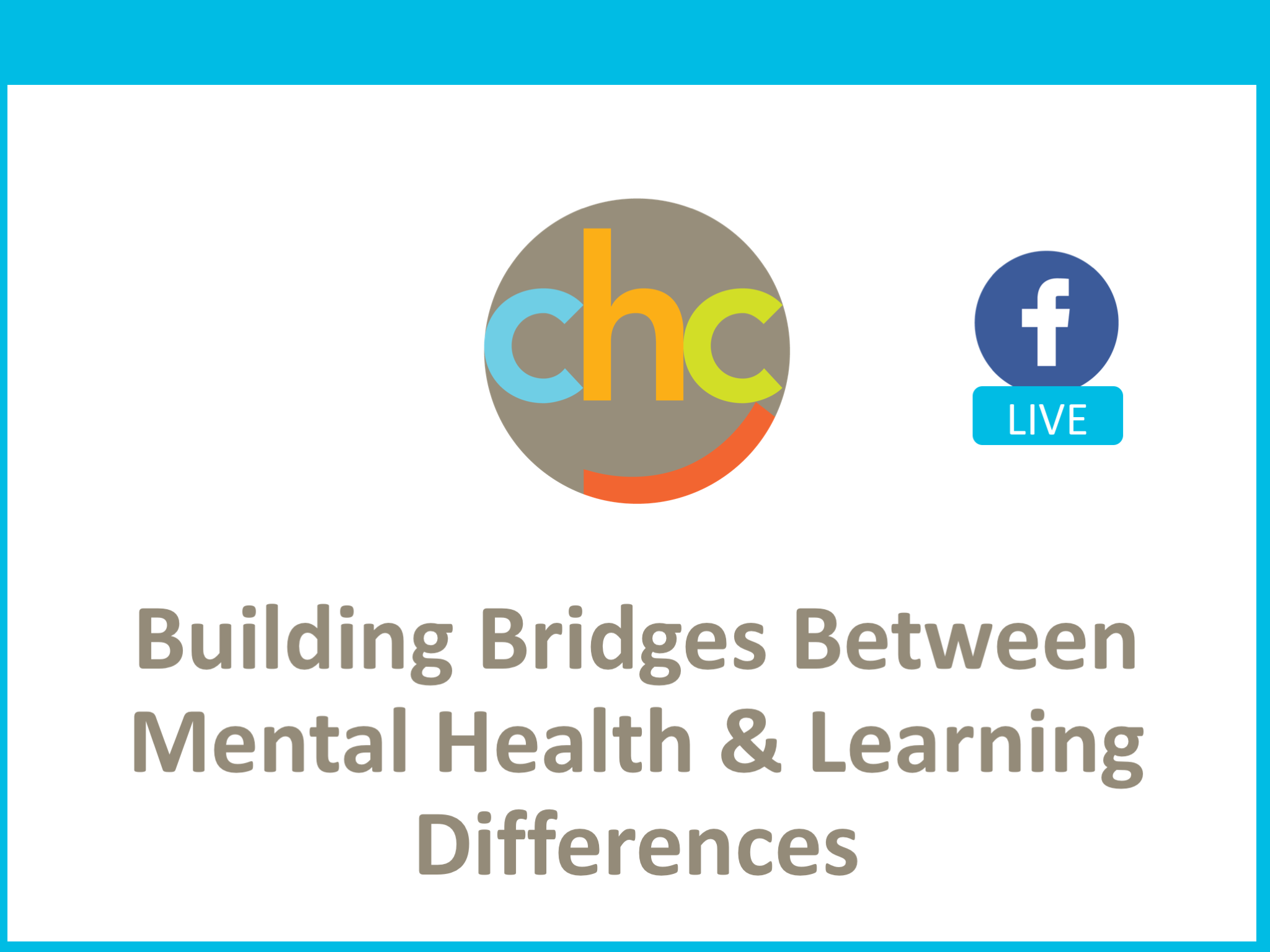

 Watch this Facebook Live discussion and Q&A session on learning differences and mental health, featuring three of CHC’s renowned clinical experts.
Watch this Facebook Live discussion and Q&A session on learning differences and mental health, featuring three of CHC’s renowned clinical experts. 